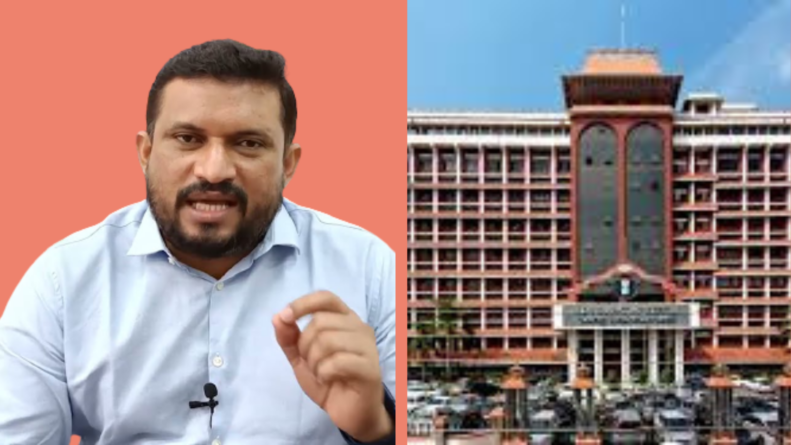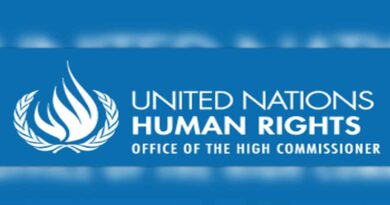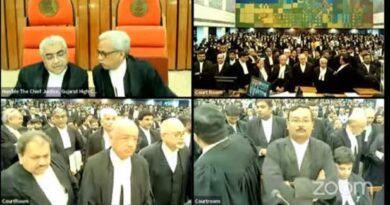Mohammed Faizal (MP) Files Plea in Kerala High Court pleads to Publish Lakshadweep Proposed Drat Regulation in Vernacular Languages, KHC Seeks Response from Centre
Access to this exclusive content is available only to our subscribers

Annual Subscription
₹ 820/year
(Plus ₹ 180 GST)
SUBSCRIBE NOWWith your support, we are able to provide an extensive range of content to you at an accessible subscription model




